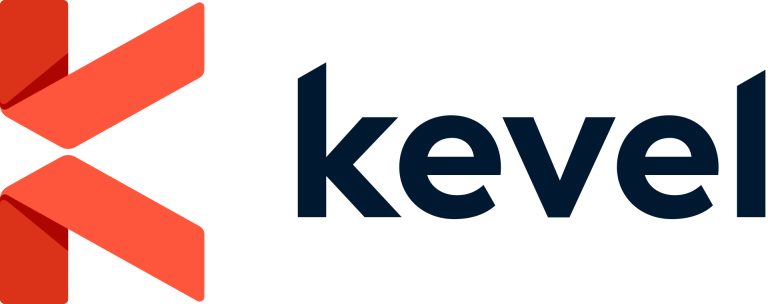
Making sure you have enough money for retirement is one thing — making sure it doesn’t get stolen is whole other concern that many may not be actively thinking about. Rick Hall, a 66-year old man from Nova Scotia, found out about this risk the hard way after losing his entire retirement saving over the span of a single month.
It all started when Hall was unable to login to his Simplii Financial online banking. Then, when he was able to finally login, his account showed a measly $248 balance, down from $28,710. “There was $249 left in the bank account,” Hall told CBC News. “It’s quite shocking when you have bills to pay.”
Hall reported his loss to the Halifax Police and Simplii Financial right away, but didn’t find resolution until approximately a month later on April 2. During that time, Hall was unable to access his pension payments as his account was frozen.
“We have resolved this matter for our client, and recognize the length of the process in this case caused added inconvenience, which we will review as we work to support our clients in situations like this one,” Simplii Financial spokesperson, Benjamin Wylie, said in a statement.
A ‘classic case’ of identity fraud
Claudiu Popa, CEO of Datarisk Canada, told CBC News that Hall’s harrowing ordeal is a “classic case of identity fraud,” more specifically known as “account takeovers.” According to Popa, these takeovers have two purposes: “One is to steal the funds that are in the bank account. And the second is to steal more information because information is valuable. Information is also a currency."
Unfortunately, identity fraud is one of the most complex and spurious types of theft, and hard to pin down. According to research from the Canadian Anti-Fraud Centre, identity fraud ranked highest compared to other types of fraud in the number of victims it impacted last year: a whopping 9,487.
Identity fraud’s ubiquity and complexity makes it difficult for the anti-fraud centre to track these cases and report losses, the anti-fraud centre communicated to CBC.
On top of the scare of nearly losing his financial well-being, Hall is still reeling with frustration as he hasn’t been told exactly how a fraudster was able to access his bank account.
“They’re trying to say it was my computer,” Hall said about the bank. “I have all of the antiviruses, I have malware, all that on there, and my computer is clean.”
Hall’s frustration in thinking his computer should have been safe from harm is understandable. But with how fast technology is growing it appears harder for consumer’s defenses to keep up. Data from Cybersecurity Ventures estimates that cybercrime damage costs will balloon to US$10.5 trillion this year, a significant increase from US$3 trillion a decade ago.
So can consumers protect themselves?
Tips to prevent identity fraud
There is no magic solution when it comes to preventing identity fraud, though there are several best practices that can lower your chances of falling prey to identity fraud schemes:
- Create a strong password: Popa explained that having a weak password, or one that is used for multiple accounts, can be a major vulnerability point. The University of Toronto information security site recommends creating a password that has a mix of upper, lowercase and special characters (e.g. !, @, #).
- Don’t open suspicious emails or links: Another pitfall Popa mentioned is the use of malicious programs that can enter your personal computer through nefarious links or emails. Some of these, known as “keyloggers,” can watch your keyboard to ascertain your passwords to all your accounts. If you don’t recognize an email address and it contains a link or a file, it’s best not to click on it.
- Don’t save your credit information on websites: While it might be convenient, saving your credit card information on your favourite shopping sites means it is at risk. Should the company you shop with be subject to a data breach or data break-in, your credit information could be compromised.
While these tips are useful to prevent identity fraud, what should you do if you think you are a victim?
According to the Canada Revenue Agency, you should immediately notify your financial institution that has been affected, as well as the police. If your personal information, such as your SIN, has been compromised, make sure to also notify the CRA. From there, the CRA also recommends reporting the incident to a credit reporting agencies such as Equifax or Transunion.
If you need to replace your personal health cards, SIN or other forms of identification, call 1-800-622-6232.
Identity fraud can be devastating to your retirement. Take all the precautions you can to ensure it doesn’t happen to you.
Sources
1. CBC News: This man lost his life savings to identity fraud. He doesn’t know how it happened, by Angela MacIvor (Apr 8, 2025)
2. Canadian Anti-Fraud Centre: Fraud Prevention Month 2025
3. Cybercrime Magazine: Cybercrime To Cost The World $9.5 trillion USD annually in 2024, by Steven Morgan (Oct 25, 2023)
4. University of Toronto: Craft strong passwords to protect your information (Feb 14, 2025)
5. Canada Revenue Agency: Protect Yourself Against Identity Theft
This article provides information only and should not be construed as advice. It is provided without warranty of any kind.


